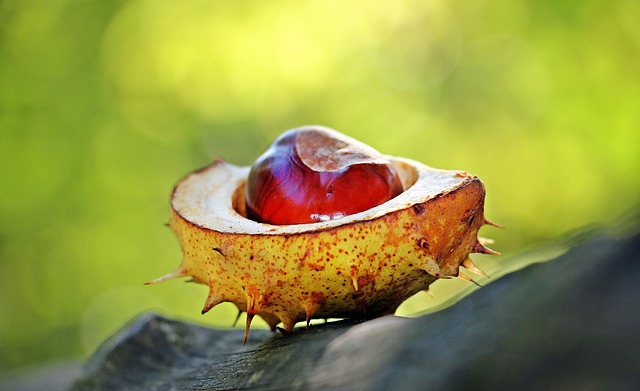Probiotic Powerhouse: The Hidden Benefits of Prebiotics and Their Role in Good Health
Probiotics have long been touted for their immense health benefits as they introduce beneficial bacteria to your gut, which can boost your immune system and improve your digestion. But, did you know that there is another type of beneficial bacteria that plays an essential role in supporting the growth of these probiotics? These prebiotics are often hidden in the background but are equally important for our digestive health and overall wellbeing.
What are Prebiotics?
Prebiotics are specialized plant fibers that cannot be digested by the human body. They pass undigested through the upper part of your gastrointestinal tract and ferment when they reach the large intestine. This fermentation process feeds the beneficial bacteria that live in your gut, providing nourishment to them and helping them thrive. Prebiotics are commonly found in whole foods such as vegetables, fruits, legumes, and whole grains.
The Benefits of Prebiotics:
Prebiotics offer several health benefits in addition to supporting the growth of probiotics, including:
- Improved Digestion: Prebiotics can promote the growth of beneficial bacteria and enzymes in your gut, which can aid in digestion and relieve digestive discomforts such as bloating, gas, and constipation.
- Lower Risk of Chronic Diseases: Studies have shown that a diet rich in prebiotics can lower the risk of chronic diseases, including heart disease, obesity, and diabetes.
- Stronger Immune System: Prebiotics can stimulate the production of short-chain fatty acids (SCFAs) that help maintain the health and strength of the intestinal wall, strengthening the immune system, and reducing the risk of infections.
- Better mood and mental health: Prebiotics can also have a positive impact on mood and mental health by producing neurotransmitters, such as serotonin and dopamine, which can regulate mood, reduce stress, and improve sleep quality.
Prebiotics vs. Probiotics:
While prebiotics and probiotics are both essential for gut health and overall wellbeing, they are not the same things. Probiotics are live microorganisms that can introduce beneficial bacteria to your gut, while prebiotics are specialized plant fibers that feed those beneficial bacteria. Think of it as probiotics as the seeds that can grow into a probiotic garden, and prebiotics are the fertilizer that helps the garden thrive.
How to Increase Prebiotics in Your Diet:
If you want to increase your prebiotic intake, here are some simple but effective ways:
- Eat a balanced diet: Incorporate a variety of fruits, vegetables, legumes, and whole grains into your daily diet to get a diverse range of prebiotics.
- Choose high-fiber foods: Opt for high-fiber foods such as artichokes, asparagus, apples, bananas, oats, and quinoa to ensure you’re consuming a sufficient amount of prebiotics.
- Consider prebiotic supplements: If you have a hard time reaching your prebiotic requirements through diet alone, you can consider taking prebiotic supplements.
Conclusion:
Prebiotics can often be overlooked, but they are a critical component for a healthy gut and overall wellbeing. Incorporating prebiotic-rich foods into your daily diet or taking prebiotic supplements can offer several health benefits. Remember, prebiotics work hand in hand with probiotics, so it is crucial to consume both for optimal gut health.







